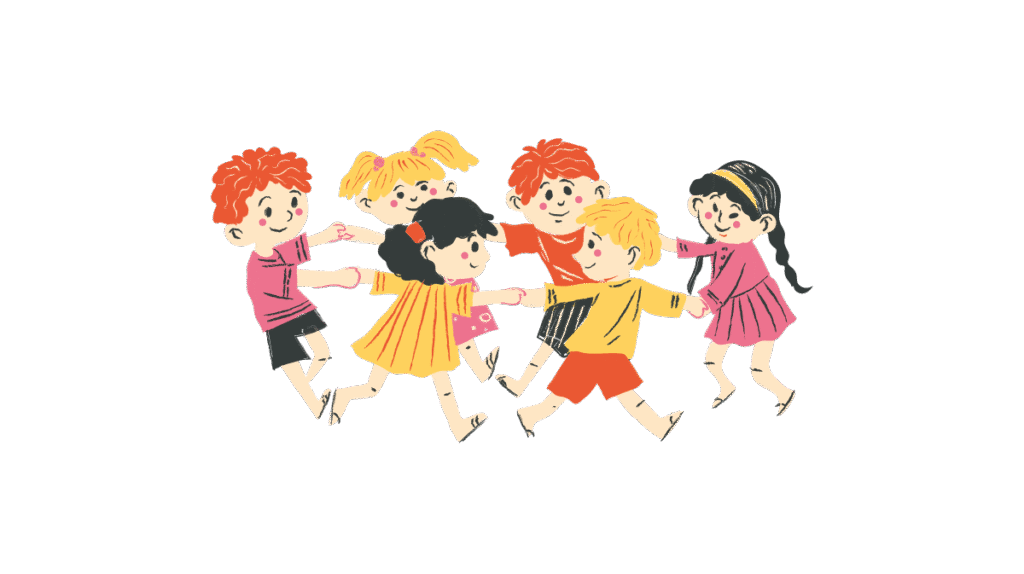Parents and guardians
Parents and guardians/span>
You feel like you're losing touch with your child. We're here for you. Our tips and techniques, ideas and inspiration can help you feel more in control. You can access them anytime!

Moods: helping pre-teens and teens manage emotional ups and downs
Suitable for 9-18 years If you have any teenagers in...
Read MoreWhat is puberty?
Puberty and children with additional needs Children with additional needs...
Read More
